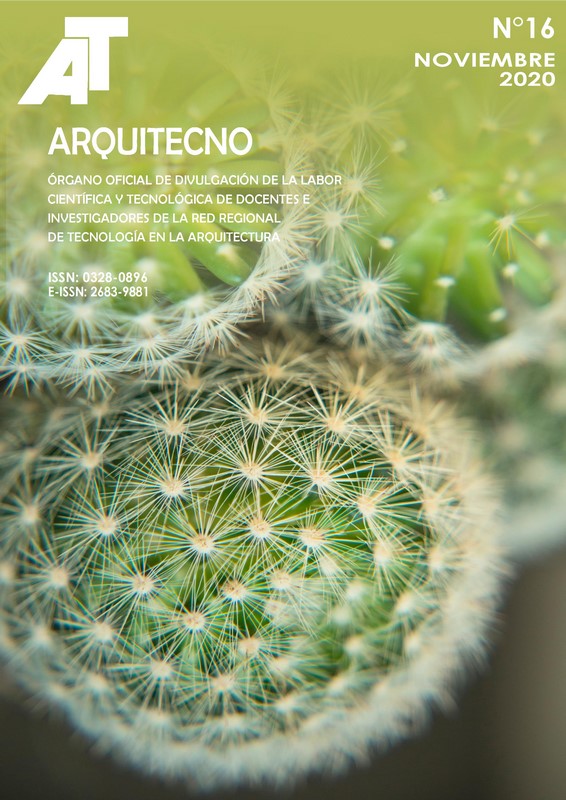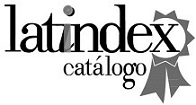Inquiries and reflections on contingency and the post-pandemic scenario in public space
DOI:
https://doi.org/10.30972/arq.0164561Keywords:
Sustainability, Environmental Management, Management Technology, ArchitectureAbstract
What are cities going to do for nature? is the proposal of the UN for the Day of the Environment 2020, and before that, From the Chairs of Architectural Design - Urban together with the accredited Research projects and specialists in urban planning, sustainable development and environment of the Faculty of Architecture and Urbanism of UNNE analyzed the challenges posed by different post-pandemic scenarios, both in architectural and sustainable design as well as public spaces, city planning, as well as caring for the environment. As a result, work was carried out on the inclusion of the Environmental Dimension as a management technology for the Architectural project, as well as specific alternatives for the NEA, in order to work on the design of architecture and more sustainable and inclusive cities.Downloads
Published
2020-11-24
How to Cite
Berent, M. R., Roibón, M. J., & Pilar, C. (2020). Inquiries and reflections on contingency and the post-pandemic scenario in public space. Arquitecno, (16), 139–148. https://doi.org/10.30972/arq.0164561
Issue
Section
Extensión
License
Los autores ceden a Arquitecno los derechos de publicación de sus trabajos, toda vez que hayan sido admitidos como parte de alguno de sus números. Ellos, no obstante, retienen los derechos de propiedad intelectual y responsabilidad ética así como la posibilidad de dar difusión propia por los medios que consideren.





52.jpg)
